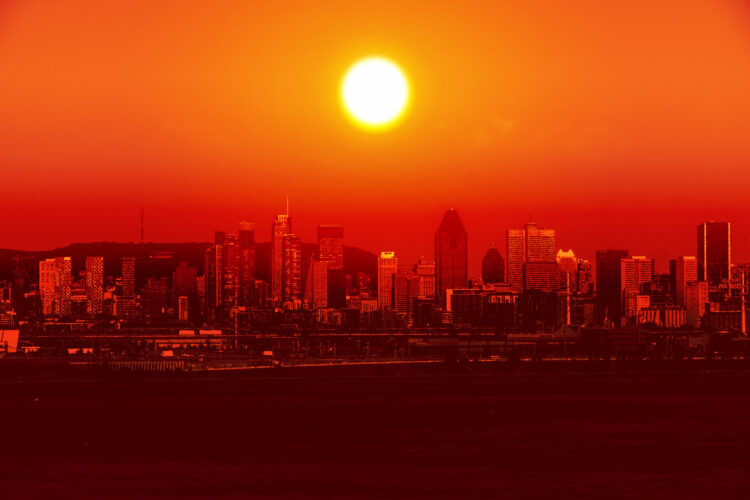
When a heat wave hits, it is more than just a spike in the thermometer, it is a serious hazard. Understanding what a heat wave is, recognizing its dangers, and knowing how to protect yourself are crucial. Here are 15 essential tips to help you stay cool, hydrated, and safe when the temperatures soar.
What Is a Heat Wave?

Think of a heat wave as a marathon of hot days, usually three or more, where the temperatures soar way above the average for that time of year. It is not just any hot day, it is like the sun decides to go into overdrive, making everything intensely hot. This can happen anywhere, but it is especially tough in cities where concrete and buildings trap heat.
Why Heat Waves Are a Big Deal
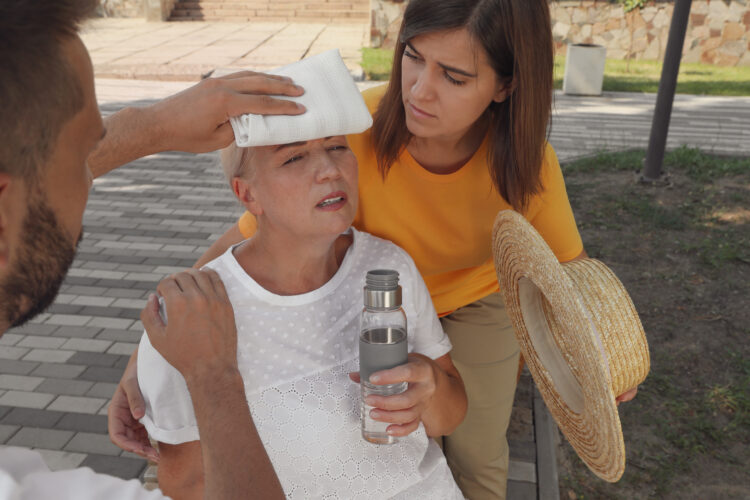
You might wonder why everyone makes a big fuss about it getting a bit warmer, right? Well, heat waves are serious because they can be downright dangerous. They strain our bodies, can cause heat exhaustion or even heat stroke, and are particularly tough on kids, the elderly, and anyone with certain health conditions.
Stay Hydrated
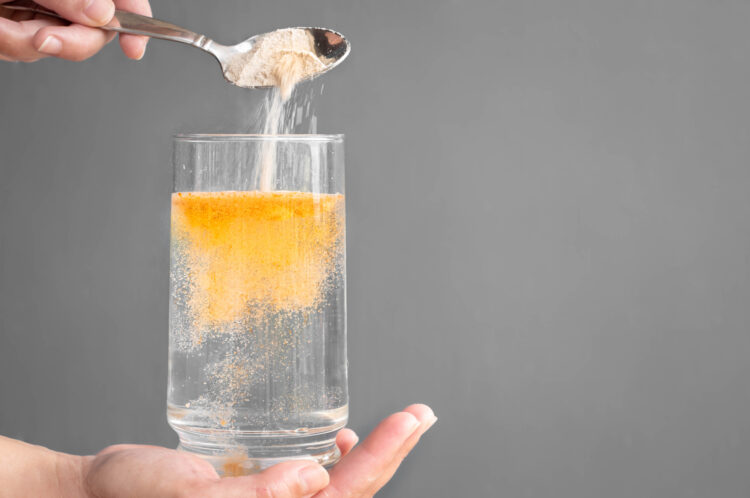
This one is straightforward but super important. When it is hot, your body sweats more to help you cool down, which means you are losing a lot of water. Make sure you are drinking plenty of fluids. You can also sip on sports drinks to replenish electrolytes. Just avoid alcohol and caffeine, as they can dehydrate you further.
Dress Smart
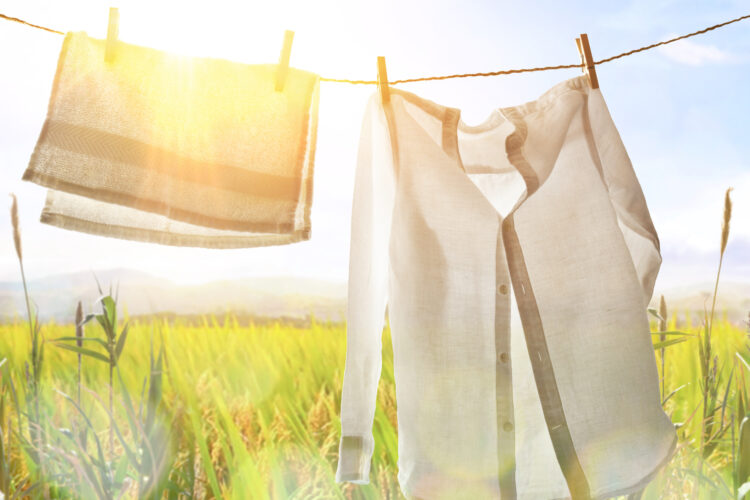
What you wear can make a big difference in keeping you cool. Opt for loose, lightweight, and light-colored clothing. Dark colors absorb more heat, and tight clothes do not let your skin breathe. A good hat can also shield you from direct sunlight and do not forget your sunglasses to protect your eyes.
Timing Is Everything
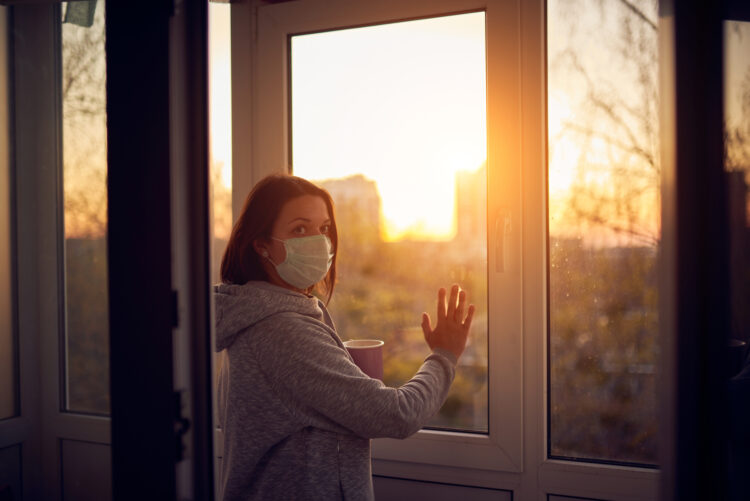
Try to plan your day so you are not doing heavy physical activity during the hottest parts of the day, typically from 10 AM to 4 PM. If you need to workout or run errands, aim for early morning or later in the evening when it is cooler.
Use Cooling Products
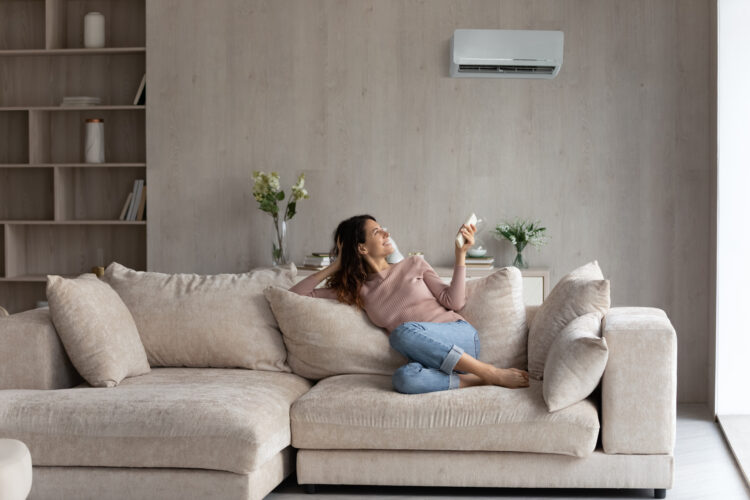
When it is scorching outside, little things like cooling towels, small portable fans, or even a spray bottle filled with water can be lifesavers. These products can help bring your body temperature down and are especially handy if you are outside or in a place without air conditioning.
Adjust Your Diet

Believe it or not, what you eat can influence how your body handles the heat. On hot days, try to eat light meals that do not require much cooking. Fruits and vegetables are great because they have a high water content, which helps with hydration. Avoid consuming protein, as it can increase metabolic heat.
Stay Indoors During Peak Heat

Stay put inside during the hottest hours of the day, unless you really have to venture out. If you have air conditioning, that is the place to be. If not, find the coolest room in your house; sometimes, basements or ground floors are significantly cooler. Public buildings like libraries, malls, or community centers often have air conditioning, so consider them as well.
Know the Signs of Heat-Related Illnesses
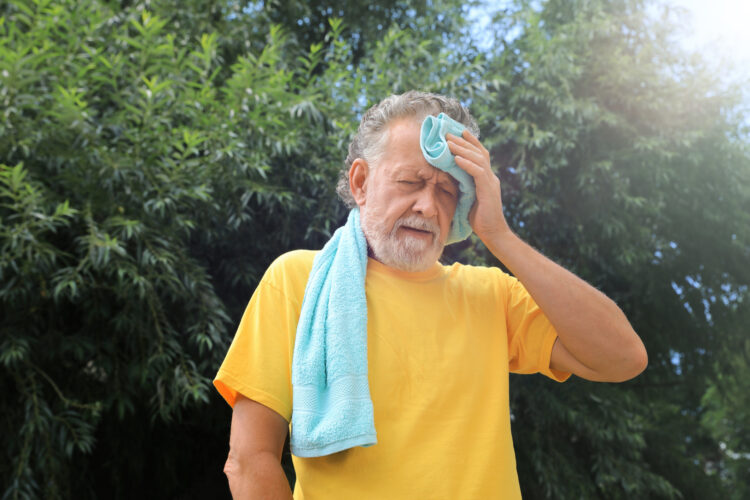
Heat exhaustion and heat stroke are serious risks during a heat wave. Familiarize yourself with the symptoms: things like heavy sweating, weakness, cold, fainting, and vomiting are signs of heat exhaustion. Heat stroke symptoms include high body temperature, rapid and strong pulse, and possible unconsciousness. Recognizing these signs can literally be a lifesaver, for yourself or someone else.
Use the Night Air
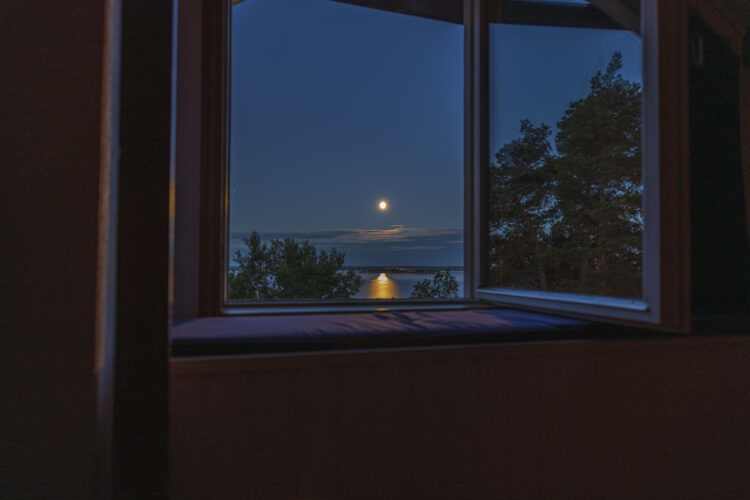
Nights are usually cooler during a heat wave, so use this to your advantage. Open your windows in the evening and early morning if it is safe to do so, to let the cooler air in and push the hot air out. You can create a cross breeze by opening windows on opposite sides of your room or house.
Block Out the Sun
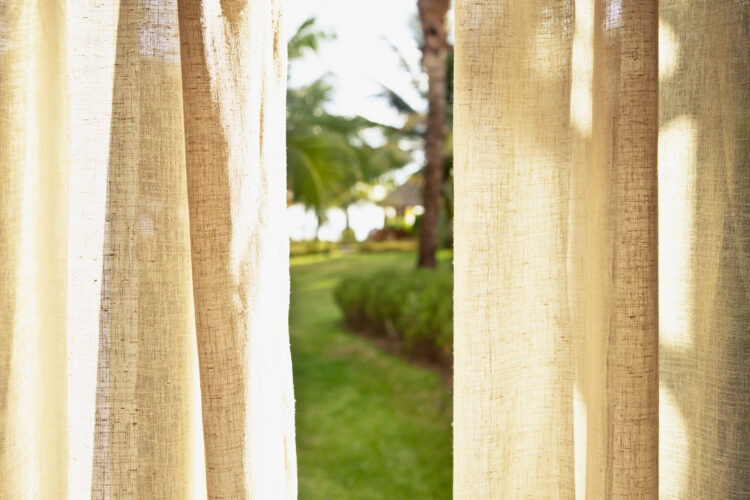
Direct sunlight streaming through windows can significantly increase the temperature inside your home. Use shades, curtains, or blinds to block it out, especially on windows facing south or west, which receive the most sun. Reflective window panels can also be effective; they help keep indoor spaces cooler.
Take Cool Showers or Baths

Using water to cool down is one of the quickest ways to reduce body heat. Taking a lukewarm or cool bath or shower can be incredibly refreshing and effective at staving off the discomfort from the heat. It is not just about cleanliness, it is a great strategy to cool down your core temperature quickly.
Stay Informed
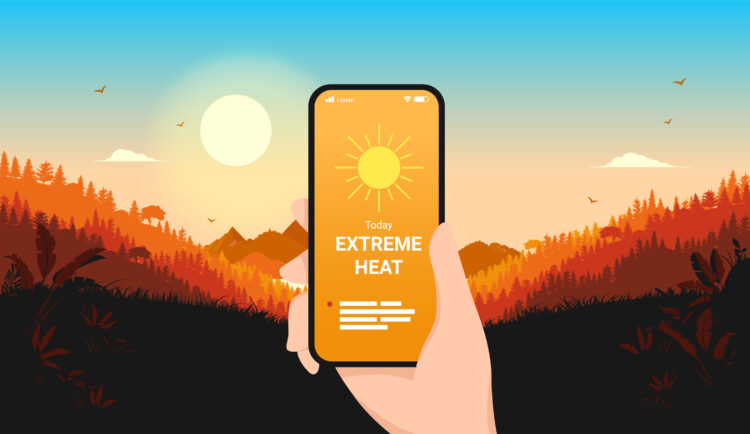
Keep up-to-date with local weather forecasts during a heat wave. Being aware of how long the heat wave is expected to last and any advisories or warnings issued can help you plan and take appropriate measures. Most regions have alert systems in place for heat waves, similar to other severe weather warnings.
Create a Cool Room
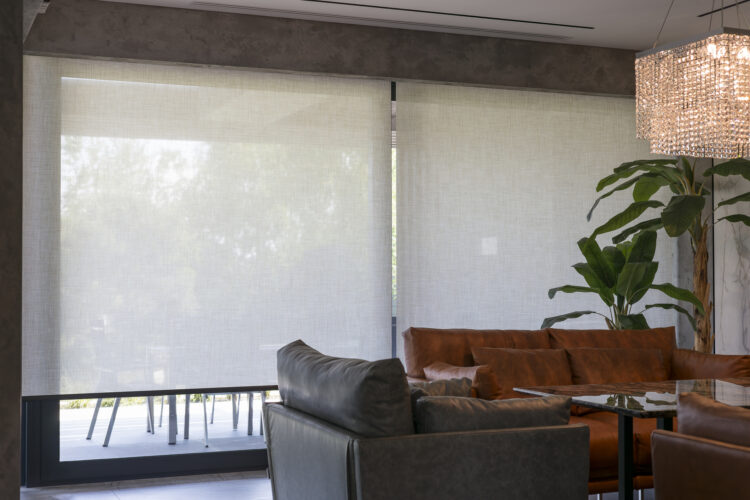
If you are unable to cool your entire home, focus on one room where you can stay during the heatwave. Equip this room with a portable air conditioner or fans, use your window treatments to block out heat, and keep doors closed to trap the cool air. This can be your refuge when the heat becomes unbearable.
Check on Others

Heat waves are particularly hard on the elderly, young children, and those with health issues. Make a point to check on family, friends, and neighbors, especially those who might not have air conditioning or who live alone. Offer to help them find a cool place or just ensure they are staying hydrated and cool.

Comments
Loading…